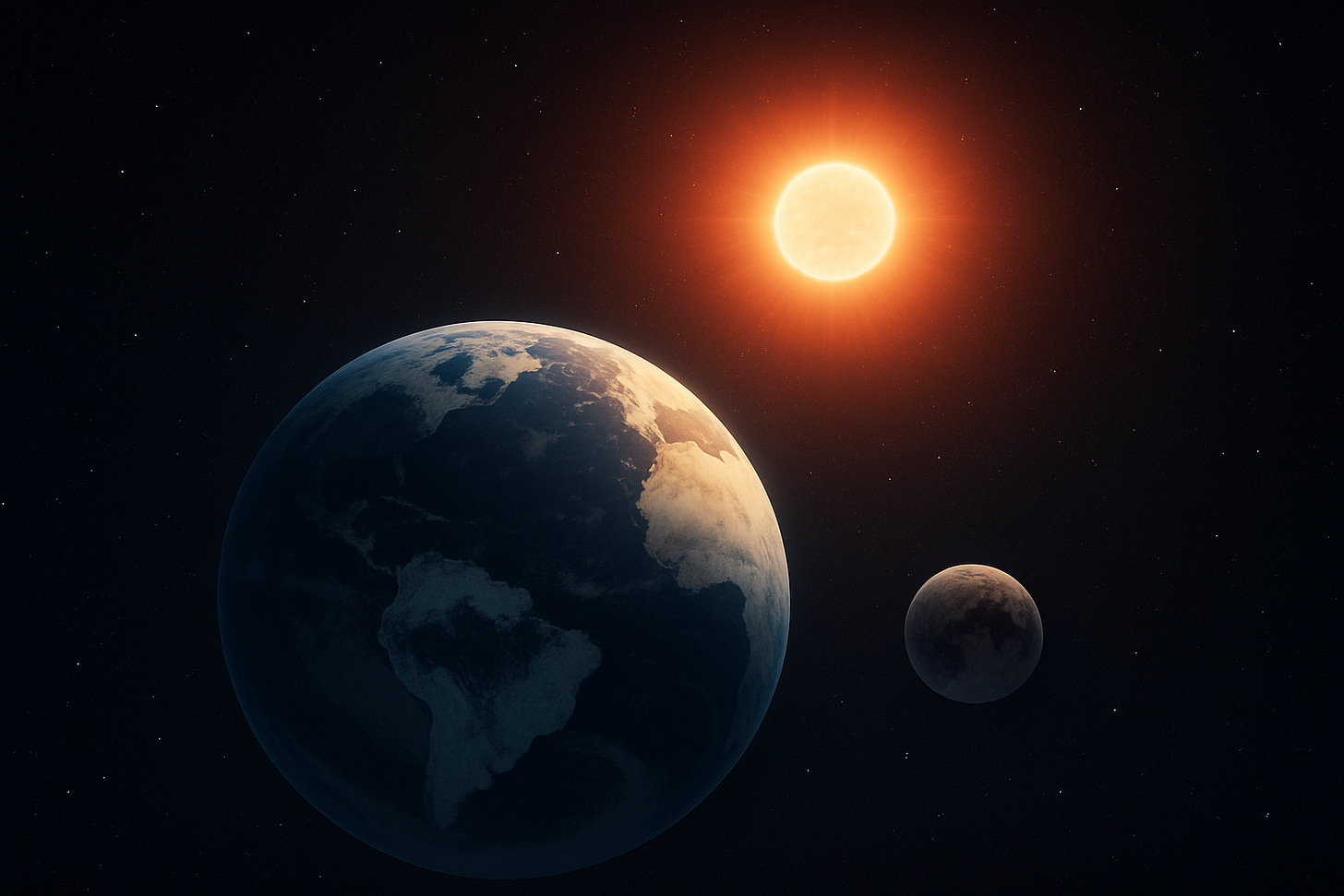Sun Day
In one week, the world ends. A short story.
SUNDAY
It happened at 12:04 p.m. Pacific time.
The sky went white. Not cloudy, not stormy, just white. Blinding. A light that filled everything, every shadow erased, every edge softened until the world became a silhouette inside its own brightness.
We didn’t know what it was.
It lasted about six seconds. Long enough to feel your mind split between awe and t…



